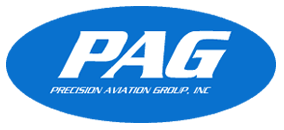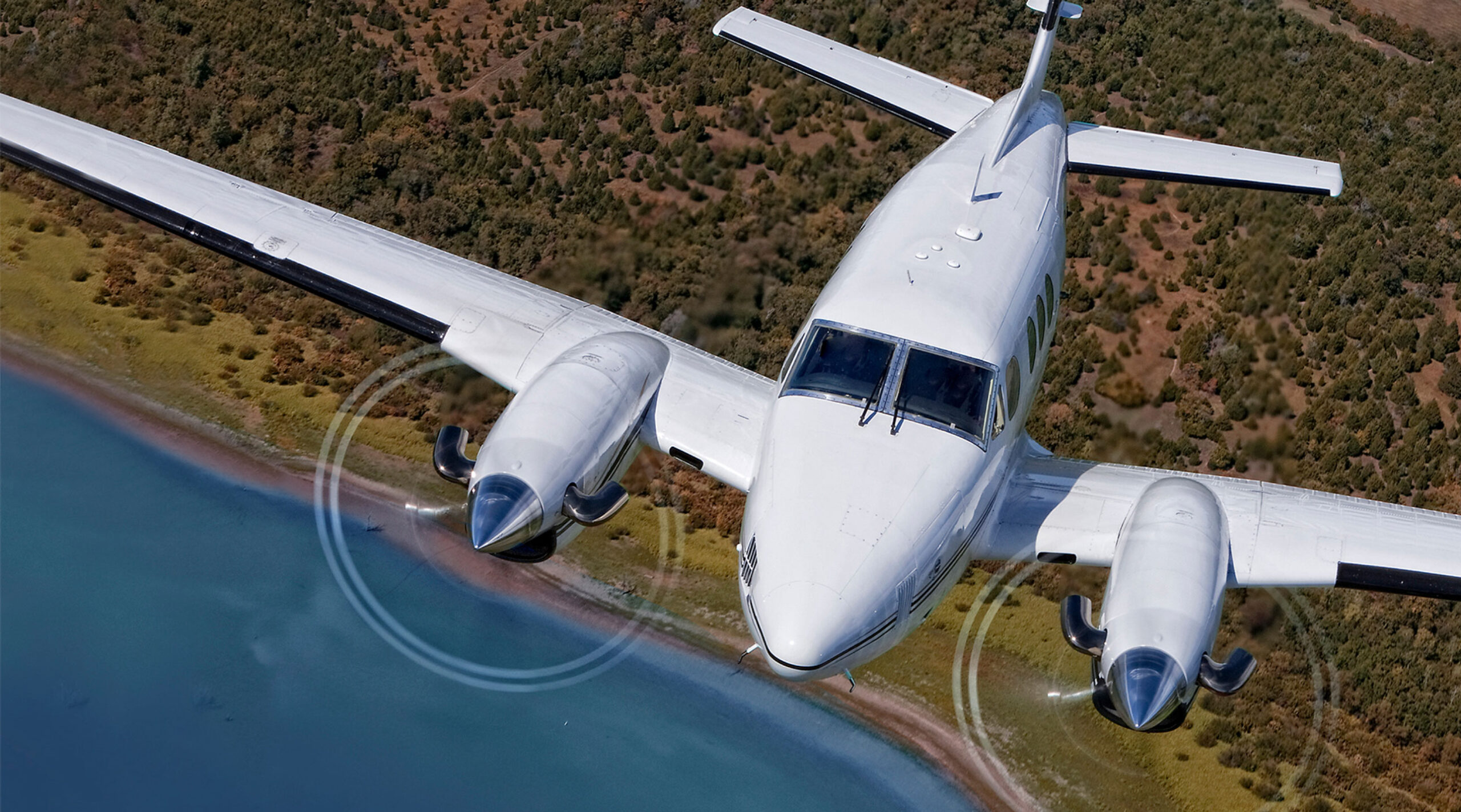For years, Precision Heliparts, Inc. (PHP) of Atlanta, GA, has been a preferred choice for helicopter maintenance, repair, and upgrades. Now fixed-wing operators can choose the same level of quality service, thanks to PHP’s acquisition of Precision Avionics & Instruments, Inc. (PAI).
A Shared Past
Incorporated in 1994, Precision Heliparts began as a collaborative venture between its current owners and the original owner of Precision Avionics & Instruments. At the time, PAI was an FAA/JAA Instrument and Accessory Repair Station that was well-established in the fixed-wing/regional airline market, which was looking to expand into helicopters.
In the hot market of the late 1990s, PAI’s original owner sold the company to Dallas Airmotive/BBA, leaving PAI and PHP totally independent of each other. But for the next six years the two companies maintained a very close working relationship, even continuing to share the same building and address.
A Chance to Reunite
Post 9-11, the aviation industry changed. In 2003, Dallas Airmotive/BBA decided PAI was no longer a strategic fit in their group of companies. The reason: One of PAI’s strong core competencies had been supporting turboprop aircraft used by regional airlines. In the U.S. regional jets had largely displaced turboprops and PAI’s revenues were declining.
Ironically, what was bad for Dallas Airmotive/BAA was good for PHP. “Almost half of our helicopter business is international,” explains Scott James, PHP’s Marketing Director, “and international operators frequently fly both aircraft and helicopters. For instance, we have a Middle Eastern customer with DHC-8s and helicopters; and a Pacific Rim customer with an EMB-120 Brasilia, two Twin Otters, a KingAir 200, and helicopters. Beech KingAirs are widely used by a number of helicopter operators; and PAI has tremendous Beechcraft support capability in both instruments and electrical accessories.”
Solid Growth
When Precision Heliparts Canada, Inc. – a PHP wholly-owned company operating in Vancouver- is factored into the mix, annual revenues of the newly expanded PHP are $18 million now, and expected to grow to $20 million in 2005. “We are very proud of our record,” says James. “PHP started with one person operating literally in a storage closet. In 10 years, we have grown to 50 people with offices in two countries and customers all over the world.”
The secret to PHP’s successful growth is to find, develop, and keep good people.”We are always looking for superior people to work for us and our clients,” says James. “It is an old cliche, but your people really are your greatest asset. We try to keep our employees happy and motivated. Without good people you cannot enjoy solid, sustainable growth.
“Our experience has been that simply growing sales is the easy part of the business,” he adds. “The real task is continuing to give good service at the same time. Keeping your quality up and mistakes down while everyone is running at full steam requires talented people; that’s what we’ve got at PHP.”
Solid performance backed by motivated employees: this is what PHP offers.


